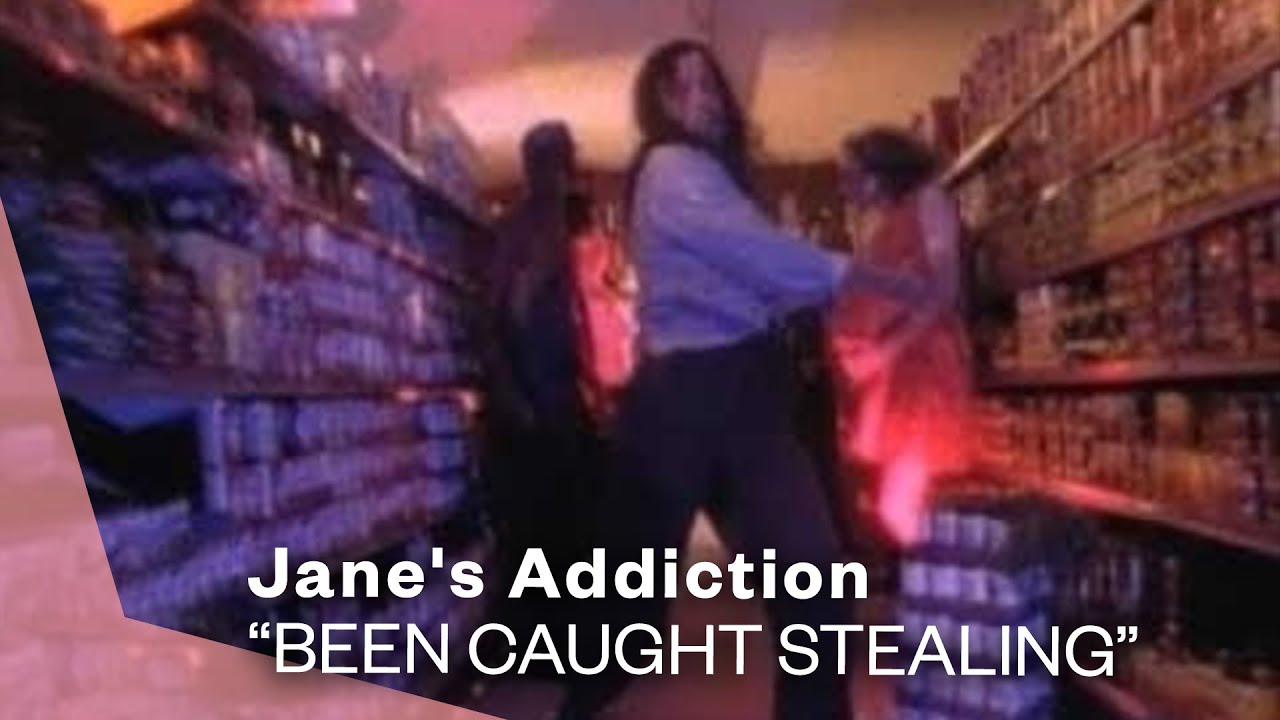PorkrollPosadist [he/him, they/them]
Hexbear’s resident machinist, absentee mastodon landlord, jack of all trades
Talk to me about astronomy, photography, electronics, ham radio, programming, the means of production, and how we might expropriate them.>
- 25 Posts
- 112 Comments

 3·3 days ago
3·3 days agoTwo things:
One: It does not work with the default install directory selected.
Z:\Games\xyzmaps to/Games/xyzwhich you do not have permission to write. Install toC:\Games\xyzand the game will land in the drive_c folder of the active wine prefix (it is a good idea to use a separate WINEPREFIX for each game / program, so you can tweak WINE’s settings individually, but this is not necessary. The default is~/.wine)Two: I need to run the installer in a virtual desktop. Run
winecfg, go to Graphics, enable “Emulate a virtual desktop.” This can be disabled after installing the game.It’s been a while since I fiddled with these, but setting the compatibility mode to Windows XP might have helped too. I’m testing one now (Dark Souls 3) and only the first two steps were necessary.

 16·3 days ago
16·3 days agoany mechanical or electrical engineers who have suffered through control theory/systems courses?
I am technically none of these things, but I am a CNC programmer who knows what a PID loop is and how servomechanisms work. So basically dealing with control systems at a more fundamental level in production (robotics).
I imagine systems like PID control could theoretically be applied on the accounting side of things, e.g. where you choose a target and tweak the porportion / integral / derivative values based on inventory to establish a steady supply. It probably isn’t a direct one to one, but these systems are designed to keep robotic systems from machine tools to aircraft autopilots trained on a setpoint while quickly adapting to unexpected external forces (like a gust of wind, or the transition from cutting through air to cutting through steel).
Theoretically, production planning could adapt to sudden changes (like a factory outage, or a sudden increase in demand for a particular integrated circuit) in a much more calculated manner, instead of the rubber-banding of scarcity driving price gouging, high profitability driving overproduction, overproduction cratering profitability, and low profitability leading back to scarcity that we see today.

 10·5 days ago
10·5 days agoI imagine at least a third of the army would defect if they tried this.

 7·5 days ago
7·5 days agoGod Damn America lmao

 6·6 days ago
6·6 days agoYou miss 100% of the shots you don’t take.

 1·6 days ago
1·6 days agoI really did think they were going to take territory, (while suffering losses unbearable in the longer term). I did not expect to see them get chewed up and spit out so quickly. They’re like the bad guys in an action FPS who you can casually mow down hundreds of without breaking a sweat.

 1·6 days ago
1·6 days agoI think that’s what they mean by “diplomacy.”

 1·6 days ago
1·6 days ago“IDF says military goals in Lebanon achieved, gov’t can reach diplomatic resolution” - Jerusalem Post
:yea:

 1·7 days ago
1·7 days agoAnother important thing to consider is that with the total bloodbath of local newspapers (driven in part by their reliance on ad revenue, and substantially by the social media monopolies sucking up most of that revenue stream), and consolidation of the remaining scraps, national publications like the NYT and WaPo have effectively filled the void. Very few people have any desire to subscribe to multiple newspapers, so outfits like these are well positioned to become the default. They are efffectively the Netflix of print news.
I would likely subscribe to WaPo before subscribing to the biggest regional paper in my area (where many of the articles are just syndicated from USA Today or Associated Press anyway). Good, class conscious, local reporting which isn’t enmeshed in the local political machinery is an exceedingly rare thing in this country.

 2·7 days ago
2·7 days agoMy man has been posting Ls ever since his head hit that sink.

 1·7 days ago
1·7 days agoAnother ballot drop-off arson attack has occurred (I believe this is the third), this time in Vancouver, WA.

 1·8 days ago
1·8 days agoThis is called being a Machiavellian political genius.

 1·10 days ago
1·10 days agoThis is probably the funniest thing that could happen in terms of calamities. Sorry Israel, you’re not Reddit enough.

 1·10 days ago
1·10 days agoThere have always been two (major) strains of the movement. “Open Source,” and Free Software. The Free Software movement was declared by Richard Stallman* with the GNU Manifesto in 1985, and emphasized that the freedom of the end user to study, modify, use, and share software for any purpose was paramount. The term “Open Source” gained prominence in the mid 1990s, being promoted by figures like Eric S. Raymond, who argued all that freedom shit is fine, but it is simply a superior development model, even for commercial applications. ESR wasn’t wrong either, which is why we see the backbone infrastructure of Silicon Valley’s largest companies built on a foundation of Free Software applications (operating systems, web servers, virtual machines, programming languages, database systems, version control systems, multimedia transcoders, graphics libraries, etc. etc. etc.).
For a while now, the “movement” has languished under a regime of corporate stewardship. As long as interests converged well enough, there seemed to be no need to flip the table, but times are changing. On one hand there has been a growing “critical tech” movement identifying how giant tech firms reap enormous profits from the labor of volunteers and use these profits to influence politics to protect their monopoly status and prevent universal software freedom from ever becoming a reality (As long as Google, Apple, Microsoft, Samsung, etc. run the factories which build end user devices, the “Year of Linux on the Desktop” will never come). On the other hand, developments in intellectual property law and geopolitics are increasingly crushing the ability for volunteers to collaborate on projects freely.
* Disclaimer
Though Stallman is the historical figure credited with launching the movement, he is a problematic figure, and shouldn’t be revered as a saint, for the same reasons abolishing the monarchy doesn’t absolve the U.S. “Founding Fathers” of their mortal sins. There are hundreds of thousands of people involved in the development of the Free Software movement who don’t carry his baggage.

 1·10 days ago
1·10 days agoWe’re fucking slaves lmao.
















Aside from drastically changing patterns of precipitation, I could only imagine screening 10% of the sunlight reaching the surface would have a negative impact on photosynthesis, with impacts both on natural environments and industrial agriculture.